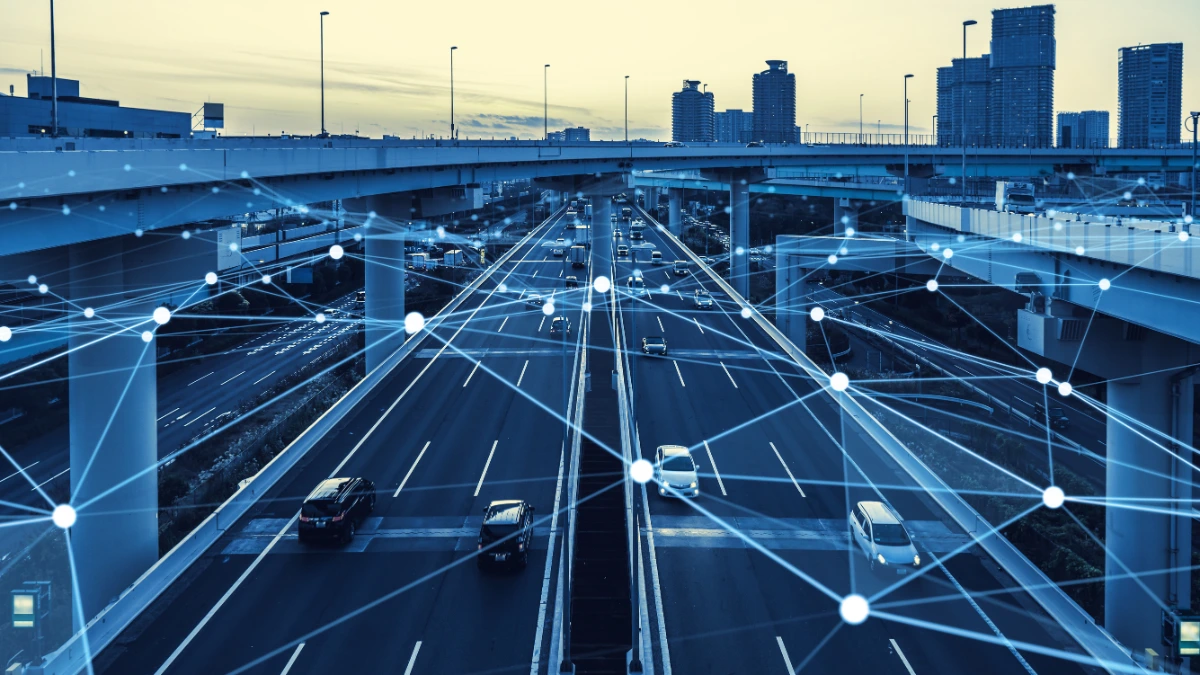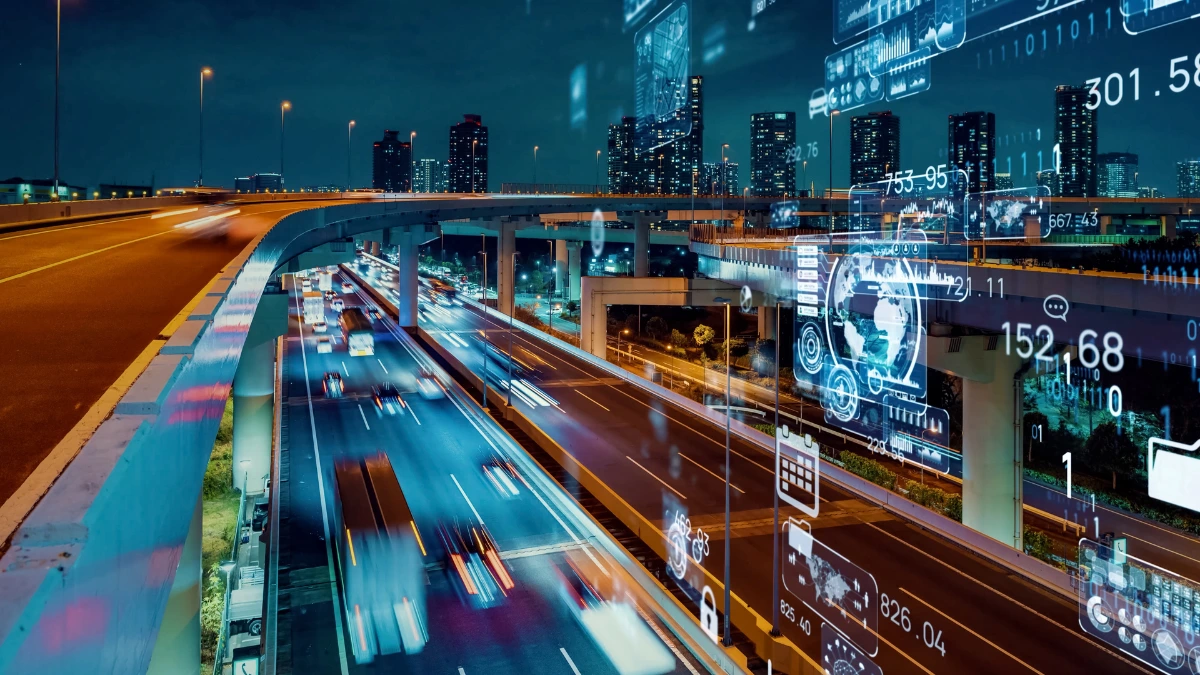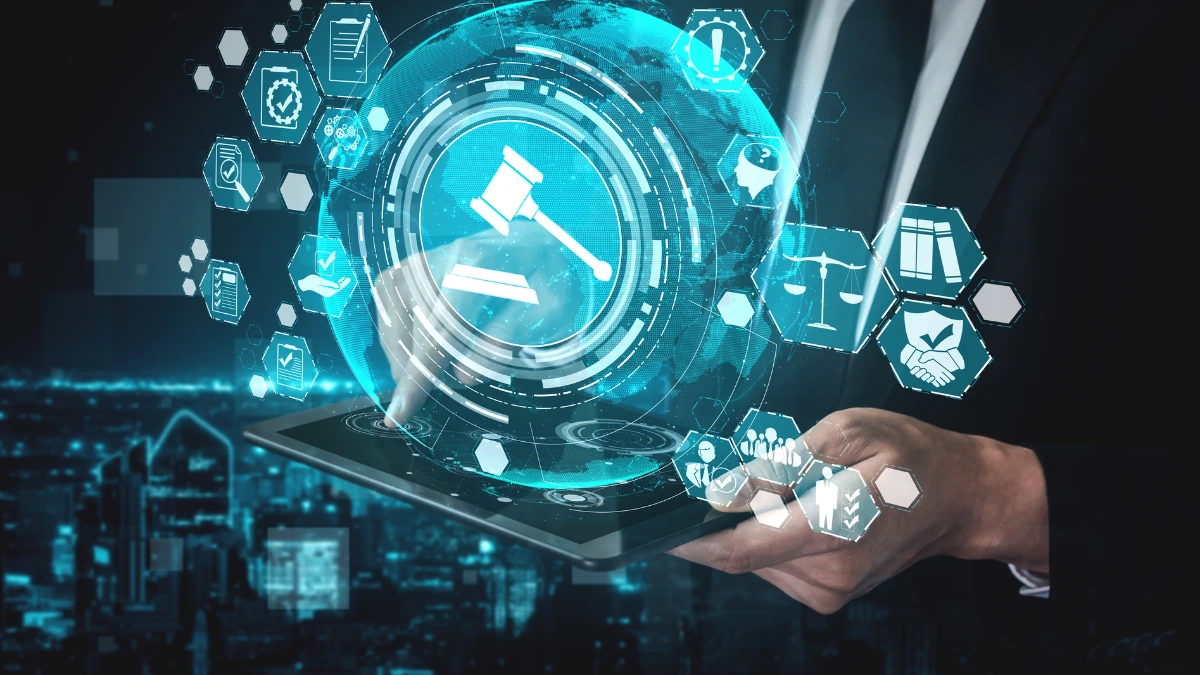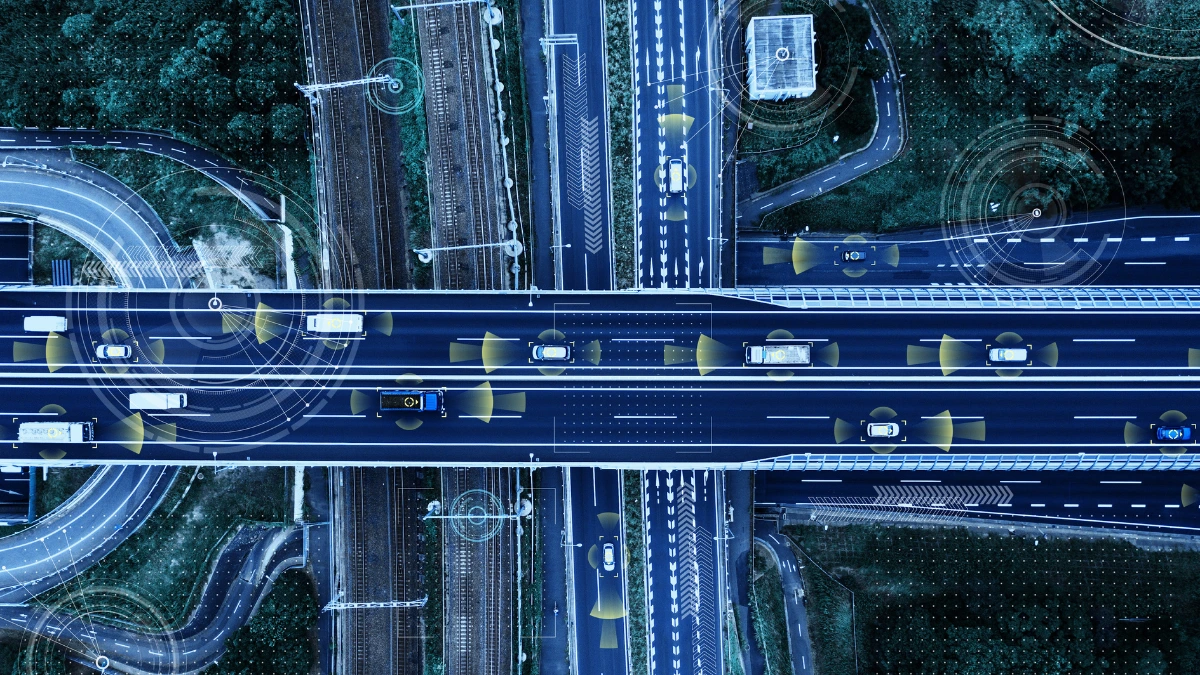Intelligent Transportation System (ITS) is another futuristic feature that represents technological innovation in transportation.
You may be surprised by the capabilities of the Intelligent Transportation System, which improve efficiency, safety, and comfort in the transportation system.
Are you familiar with the Intelligent Transportation System? This article will provide a deeper understanding of ITS, including its definition, functions, examples of applications, its benefits, and its regulations in Indonesia.
What is an Intelligent Transportation System?

An Intelligent Transportation System (ITS) is a smart technology system that uses various information and communication technologies to manage transportation.
ITS integrates real-time data in managing traffic, vehicles, and infrastructure to improve efficiency, safety, and comfort in the transportation system.
ITS operates by collecting, storing, analyzing, and distributing data from transportation systems. This information enables drivers to choose the best routes to avoid traffic congestion, make decisions during sudden braking, and provide comfort through automated payments.
The Functions
The main function of the Intelligent Transportation System (ITS) is to improve efficiency, safety, and comfort in the transportation system. The following are its functions:
- Improving efficiency: With real-time traffic information, ITS provides information related to optimal road usage, thereby reducing travel time.
- Improving safety: With early warnings of potential hazards, such as accidents, slippery roads, or bad weather, drivers can anticipate hazards that may occur.
- Managing traffic: With real-time information, ITS manages traffic by adjusting traffic lights as needed and providing alternative routes to avoid congestion.
The Applications

With many functions provided by the Intelligent Transportation System (ITS), this device is applied in the automatic transportation system. The following are examples of the application:
- Area Traffic Control System (ATCS): Automatically manages traffic at intersections.
- Automatic Highway Law Enforcement System: Uses cameras to detect traffic violations and automatically issue tickets.
- Travel Information System: Provides information about road conditions and estimated travel times.
- Electronic Toll Collection (ETC) System: Facilitates toll payments without the need to stop.
- Vehicle-to-Everything (V2X) Communication: Enables vehicles to communicate with other vehicles, infrastructure, and pedestrians to improve safety.
The Benefits
The Intelligent Transportation System (ITS) provides many benefits, especially in managing traffic, vehicles, and infrastructure to improve efficiency, safety, and comfort in the transportation system. Here are some of the main benefits:
1. Reducing traffic congestion
ITS helps reduce traffic congestion by managing traffic flow more efficiently. Real-time information and route optimization information provided to drivers will certainly reduce traffic congestion.
2. Enhancing comfort
Smoother journeys with real-time information on the best routes undoubtedly enhance the driving experience. ITS provides enhanced driving comfort through all its features.
3. Improving safety
The ITS system is capable of quickly detecting accidents, enabling it to immediately share this information with other drivers. This increases drivers’ awareness of their surroundings, allowing them to anticipate incidents.
4. Reducing environmental pollution
Reduced traffic congestion due to optimized vehicle routes leads to reduced environmental pollution. Improved fuel efficiency reduces emissions, and proper traffic management also helps reduce noise pollution.
The Regulation in Indonesia

The Intelligent Transportation System (ITS) uses technologies that operate within a specific frequency spectrum. In Indonesia, a wireless device is required to have a DJID (Directorate General of Digital Infrastructure) under the Ministry of Communication and Digital (KOMDIGI).
ITS regulation is based on KEPMEN No. 260 Tahun 2024 for SRD, which requires all radio frequency-based devices to meet specific technical standards before being sold in the country.
The DJID certification ensures that the product meets government safety and quality regulations and does not interfere with other communication devices. The certification process involves technical testing, such as frequency adjustments, safety checks, and compatibility with the surrounding environment.
Once the tests are completed, products that pass are listed in a Test Result Report, which confirms that the product is safe and ready for sale in Indonesia. This report reassures customers that the product meets technical standards and is secure.
For companies wanting to sell an ITS in Indonesia, Type Approval Certification Services for ICT Products are available to assist with this process. This service includes preparing technical and legal documents, conducting required testing, ensuring compliance with regulations, helping companies streamline the certification process, and giving consumers confidence in certified products. [UN]

